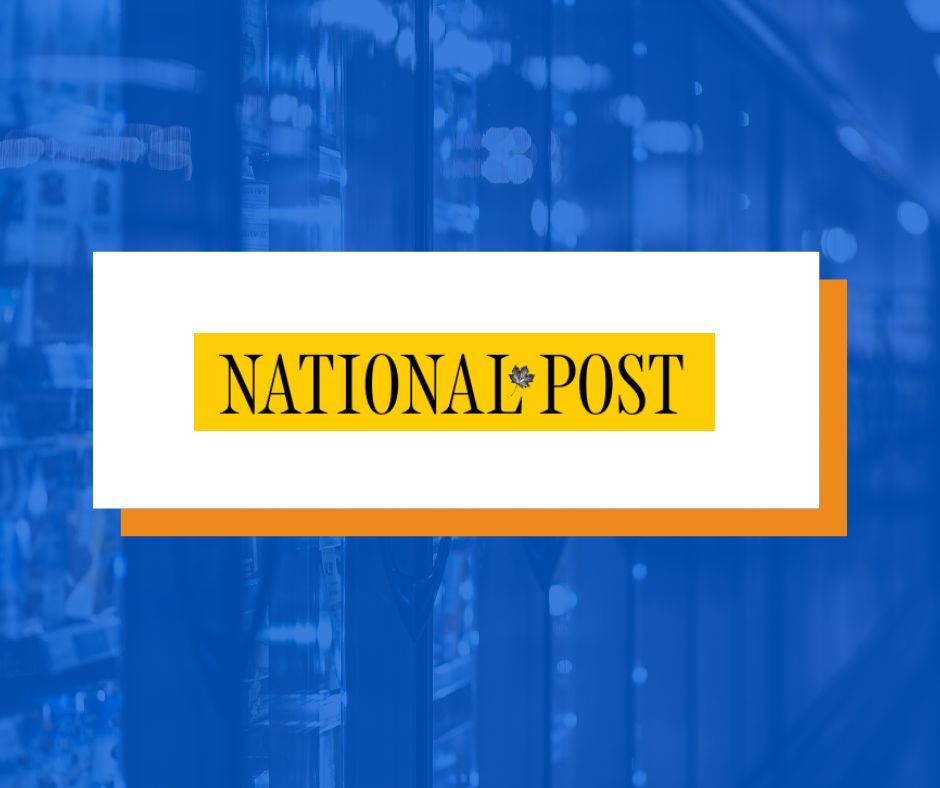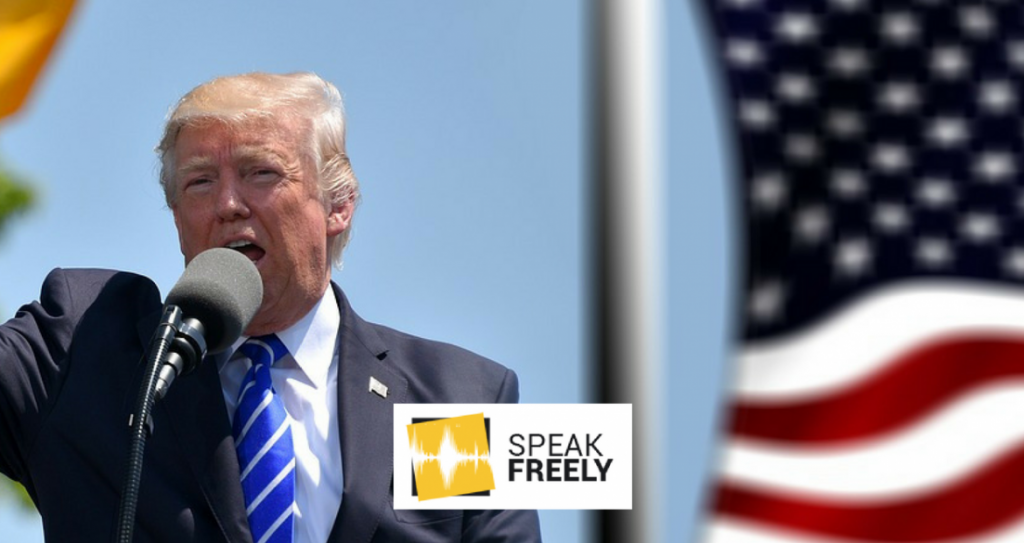During European Commission president Jean-Claude Juncker’s visit to Washington D.C, Donald Trump once again suggested a tariff-and subsidy-free trade area between the European Union and the United States. Yet, the American president continues to fall on deaf ears, for reasons that tell more about the EU than it does about ominous ‘Trumpism’.
The meeting in Washington seemed to have a positive announcement within, as both parties agreed on an end to tariffs, non-tariff barriers, and subsidies on non-auto related industries. In a joint press conference, both parties announced that the European Union would increase imports on liquified natural gas (LNG), as well as American soybeans.
The European Union Commission returned to Brussels in a self-congratulatory manner, claiming to have avoided a trade war. And yet, with the exception of free trade no non-auto industrial goods, as well as vague promises on avoiding retaliatory trade measures triggered by tariffs on steel and aluminium, the meeting was unproductive. The import of soybeans cannot be increased simply through a Commission president statement: there are no EU tariffs on soybeans, and if companies in Europe don’t magically decide to buy them, then literally is expected to change. On LNG, the story is comparable: the European Union has already been promoting LNG for years, and the press conference just reiterated that point.
Politico Europe conveniently called the whole process “The art of no deal“.
Juncker’s effort to charm Trump into believing that he scored a victory is sad, in comparison to the actual opportunity that President Trump presented to the EU. Not only did Trump repeat during Juncker’s visit in D.C that he’d prefer a free trade deal with Europe that’d exclude all kinds of tariff-barriers, he also repeated the said statement in a tweet on Thursday:
However, if Juncker were to actually claim to walk in the footsteps of statesmen such as Robert Schuman, he’d embrace full free trade. In trade between rich and poor countries, both sides benefit, because they pay less for products, capital goods (machines, computers, etc.), and highly specialised labor. While it is true that job losses can occur when competition increases, it is important to account for increases in exports through free trade. The German car producer Mercedes might not like the competition of Italian cars on the German market, but since many Italians purchase his product, it’s manifestly more profitable to freely trade.
Protectionism is purely ideological because it is based on sentimental beliefs. If we were to take nationalism out of the picture, it would be difficult to argue that international free trade would be disadvantageous while domestic free trade (say, between cantons or provinces) is advantageous. This is particularly true in large trading blocs such as the European Union or, for that matter, the United States.
Great meeting on Trade today with @JunckerEU and representatives of the European Union. We have come to a very strong understanding and are all believers in no tariffs, no barriers and no subsidies. Work on documents has already started and the process is moving…
— Donald J. Trump (@realDonaldTrump) July 25, 2018
Tariffs are nothing more than a useful tool for the reactionary extremes of the right and left wings of the political spectrum. This is all the more visible in the sense that whenever Trump addresses the idea of freeing trade relations from all government intervention, nobody bothers to even address it.
Trump’s free trade suggestions remain unheard, because the solutions of subsidising or protecting through standards are immediate and popular. The European Union doesn’t follow an ideological line on free trade, it merely pretends to do so for the efficacy of political point-scoring.
The solution on trade isn’t “somewhere in the middle”. The idea that we’ll import some American products here and there, in order to get temporary concessions on some of our goods, is unproductive and hurts consumers. The only answer Jean-Claude Juncker should give when Donald Trump suggest completely free trade between the two continents is “yes please”.
Bill Wirtz



